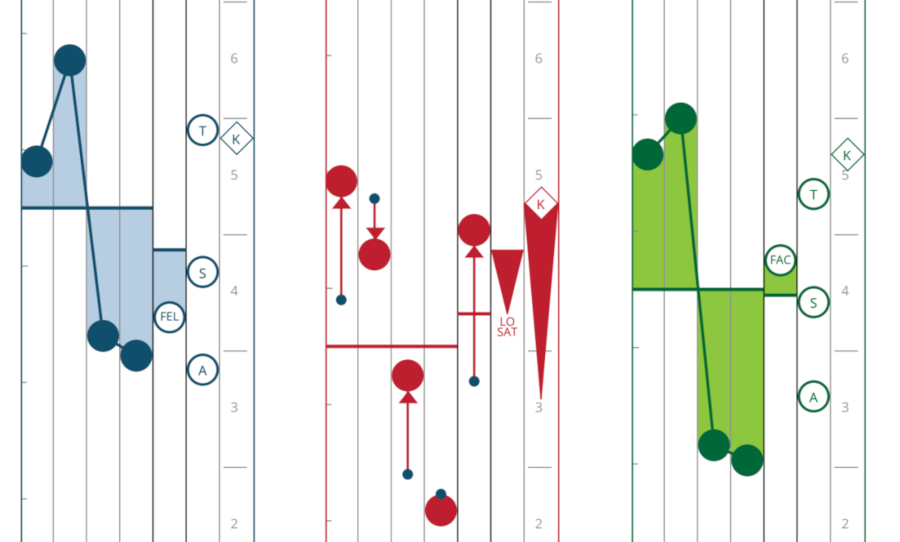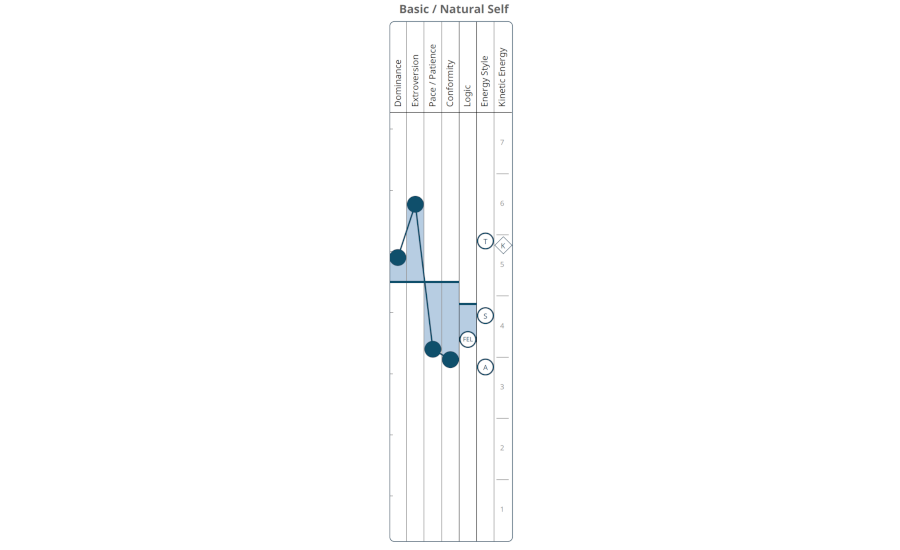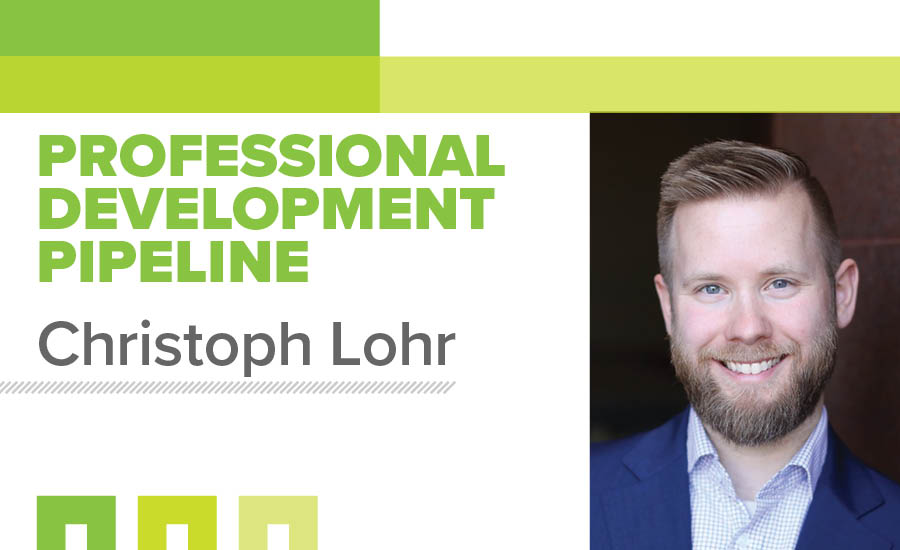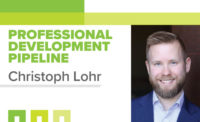Several months ago I wrote about personality metrics months back. I recently partook in an exercise that I feel I need to update my ranking system: I have a new favorite behavioral (personality) test and it wins by a long shot: PDP Proscan.
A quick recap of my previous article:
-
Humans are programable, it makes me think there are certain "patterns" of the human experience which we can capture via data, and gain insight into future trends;
- I believe data analytics, which capture some of the statistics on people that aren't "hard," makes for a great way to help organizations and companies to build incredible teams;
- By no means should behavior examinations be the only metric, but as part of an overall analysis of what should be all organizations most important asset: Their people.
I recently had a conversation with Kevin Black, a leadership and strategy consultant, a former army officer, and a Forbes Coaches Council member, discussing personality metrics. He described a personality metric that he administrates that sounded like a conglomeration between all the best parts of my favorite metrics (PI, MBTI, DISC). Unlike other metrics, this one focused only on working professionals, it got rid of marketing bias (no cool names for personality versions), it was EEOC Compliant, and it was science-based.

I figured I needed to give it a try. I paid for the 4 to 8 minute test (that's what they claimed it would take) and the 1 hour consultation with Kevin post exam and anticipated seeing what the results would be. I was not disappointed.
The survey experience lived up to the billing. Unlike other metrics, which could take up to 45 minutes to an hour, this metric literally took me 7 minutes (yes I timed myself). For a second, I wondered if I had done it wrong. Then, within the week, Kevin scheduled a time with me to go over my results. That hour was well worth the time and brought some incredible insights that I plan on carrying with me through the rest of my career.

My results indicated to me the following:
-
Persuasive/seller — when in charge of people, you prefer to accomplish things through a seller style. A friendly, empathetic, persuasive way of getting help to accomplish the task. (extroversion over dominance);
-
Seeks change/innovative — have a great freedom of choice as opposed to being tied to tradition. This is a style that has become known as a free wheeler. Details, unnecessary reports, too many rules and regulations (at least in your opinion), are ridiculous and may be ignored. (low pace over low conformity);
-
Hard charging — a hard driver/hard charger disposition is usually evident in your mannerisms and expressions. There is a competitive spirit and an ambitious desire to win. (high dominance over low pace);
-
Fast, fluent communications — you have the ability to quickly and effectively convey ideas and information in an influential manner. (high extroversion over low pace); and
- Confident risk taker — you probably exhibit a lot of self-confidence and are very independent. Known for a willingness to pursue opportunities and take calculated risks to reach goals. (high dominance over low conformity)
Compared to other metrics, there was an added level of depth that was given to me in the form of logic, energy style and kinetic energy. These were spot on for me and great to get a better comparison to coworkers and peers:
-
Logic: Logic determines the mental processes by which decisions are made. There are three Logic styles: Fact, feeling or a balance of both. (I was "feeling" — an initial, automatic conclusion based on an inner sense. You are able to make accurate decisions based on your innate intuition and trust in a sense of recognized patterns to follow);
-
Energy style: Energy style determines how tasks are approached or how goals are accomplished. There are three energy styles: Thrust, allegiance and stenacity. (I was "thrust" — a rocket launch style. A highly inner directed, self-starting and intense energy); and
- Kinetic energy: This relates to mental, emotional and physical energy. Think in terms of capacity, battery or horsepower. Concentrated use of one type can tire you out and wear you down. Rest, breaks, sleep, vacations or a change of activity can restore energy in varying degrees. (I was "Zone 5" — with this means of accomplishing a task, you should be very successful. Your only concern here might be whether there is enough time in the day, and can the important areas of your life — job, mate, peers, etc. — really utilize the energies you have to offer).
Kevin walked me through each of the above criteria, and gave me some really valuable insights on top of the good information above. This included a realization of my drive for pace that may rub some "methodical" folks the wrong way. He advised me that I needed to be "very conscious" of how my speed is perceived as it could "ruffle feathers" especially with folks that are much more deliberately focused.
The surprising item was in regard to me "needing words of affirmation." Kevin brought up an example that 100% hit home: If I call a friend and I don't get a call back, I probably would start wondering what I did to offend them. I've wrestled with this feeling for most of my life. Having it normalized was incredibly helpful. Also, per the metric, it indicated that I have a tendency to take things personally (I do) and can rush to judgement (I can). Finally, when I am talking under duress, I have a tendency to get wordy and over-talk. Being more concise, especially in front of executives, is key (I've been told this before). Having these faults laid bare in such an easy-to-understand way grabbed my attention and will keep me focused moving forward.
What particularly hit home was some of the "homework" this metric gave me. This included some learned responses (e.g. "Be more direct, precise and to-the-point in communications"), and completing motivators (mine were independence and big picture potential) and overriding needs sections (e.g. opportunity or challenge). Going through this section, particularly the motivators, was really impactful as it really made me identify what matters most to me in my career.
Overall, the entire exercise was well worth the investment. I have to say that PDP has "converted" me and I think this is one of the best, if not the best, behavior/personality metric out there. Curious about it? Reach out to a consultant (like Kevin) to see for yourself.



